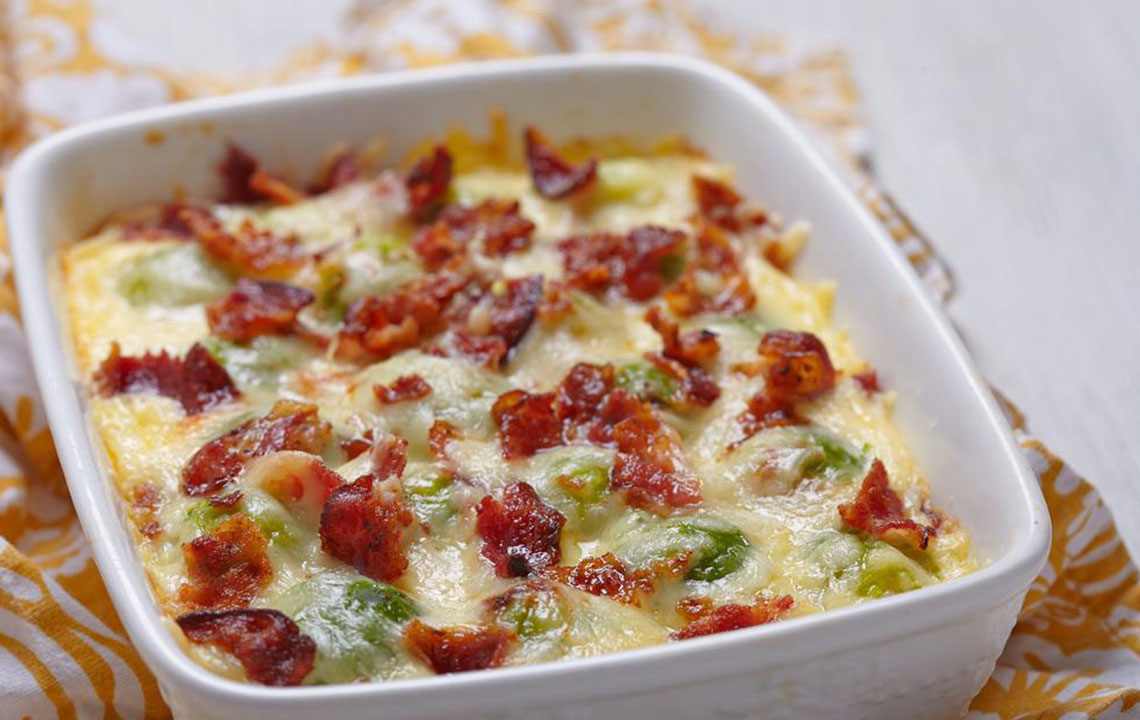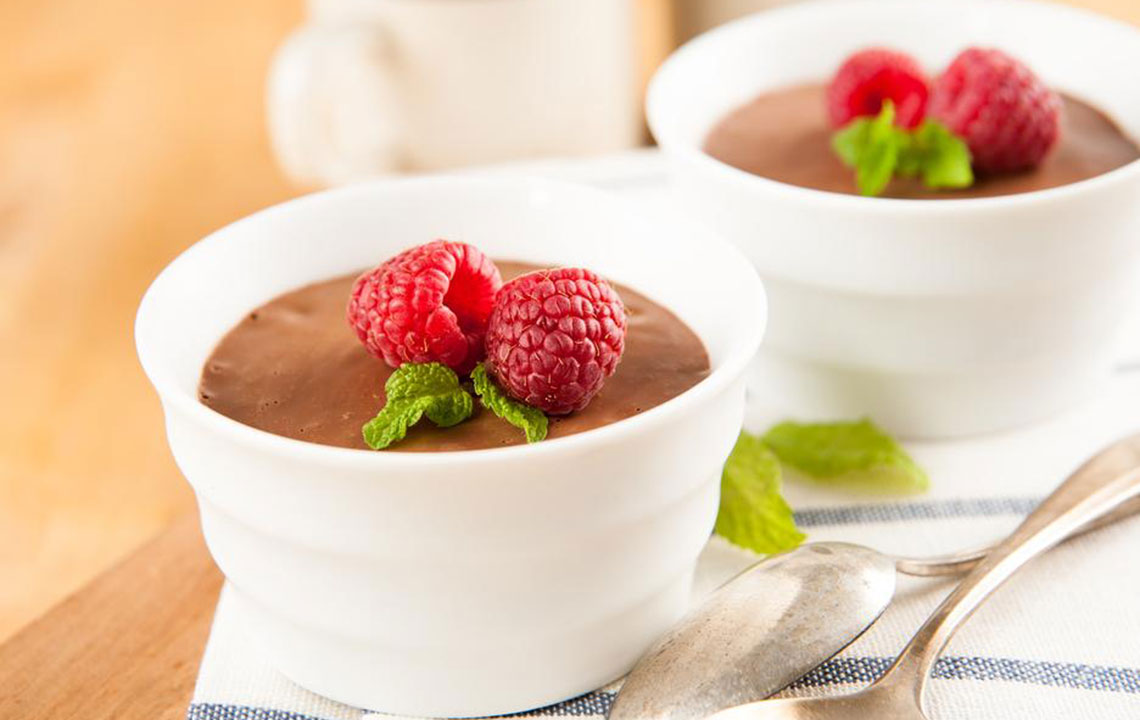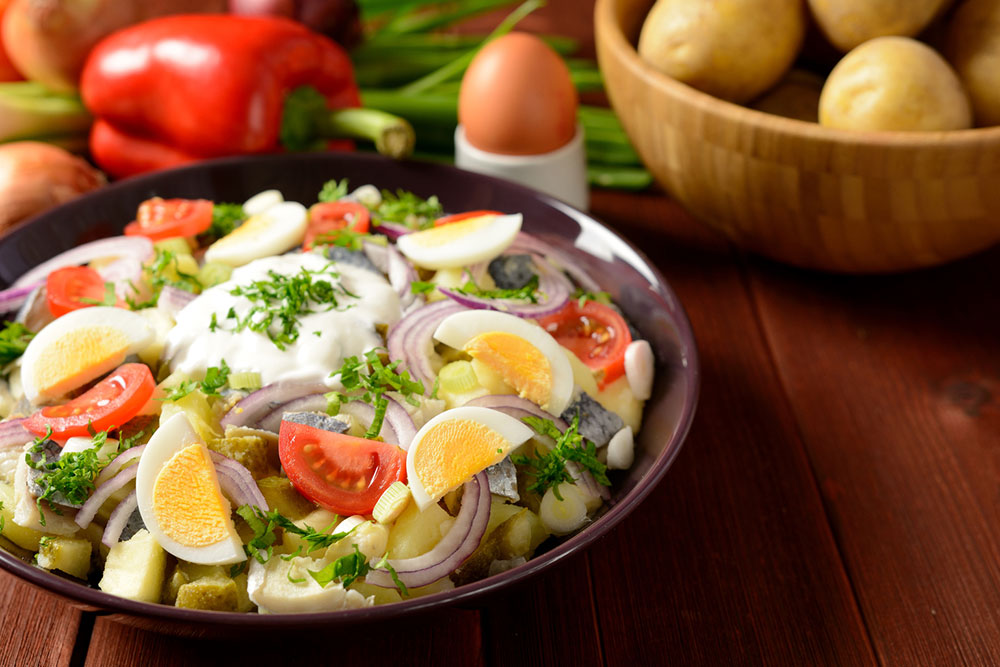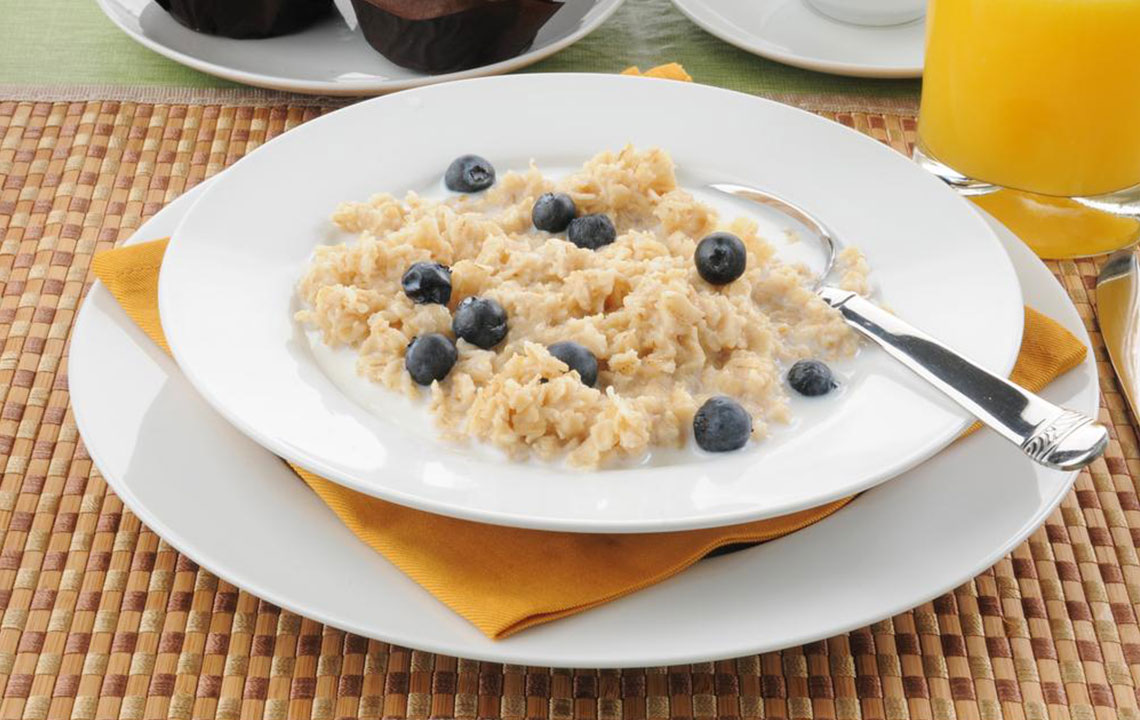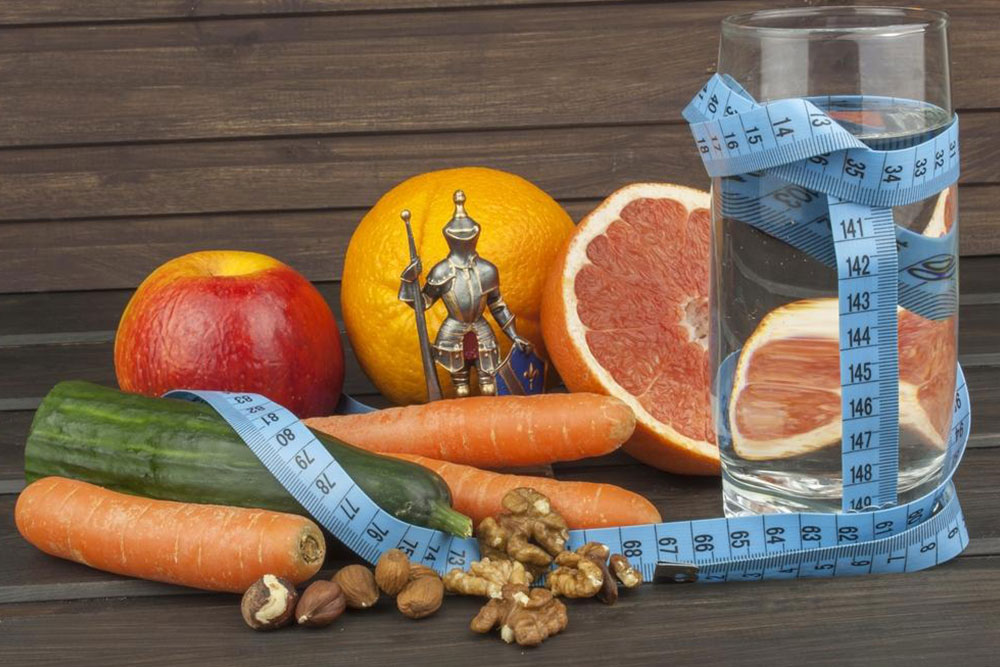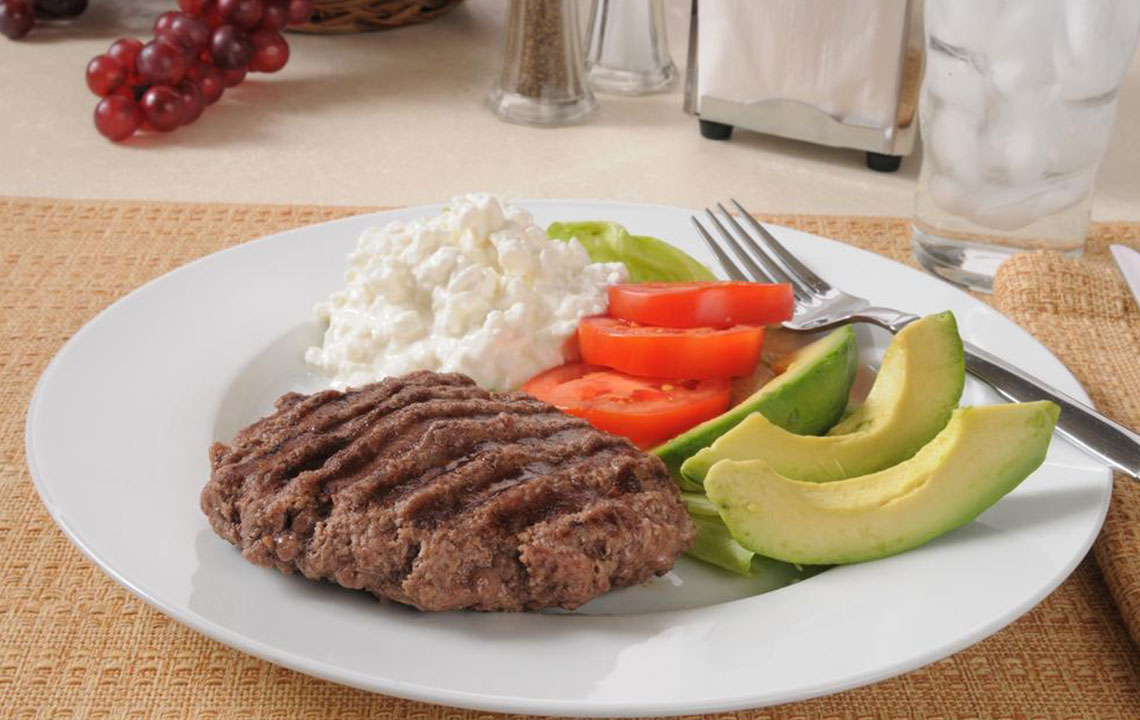Comprehensive Guide to Achieving Effective Weight Loss with a 1200-Calorie Diet Plan
A detailed guide to effective weight loss with a 1200-calorie diet plan, including meal planning tips, nutrient balance, and practical strategies for sustainable health improvements.
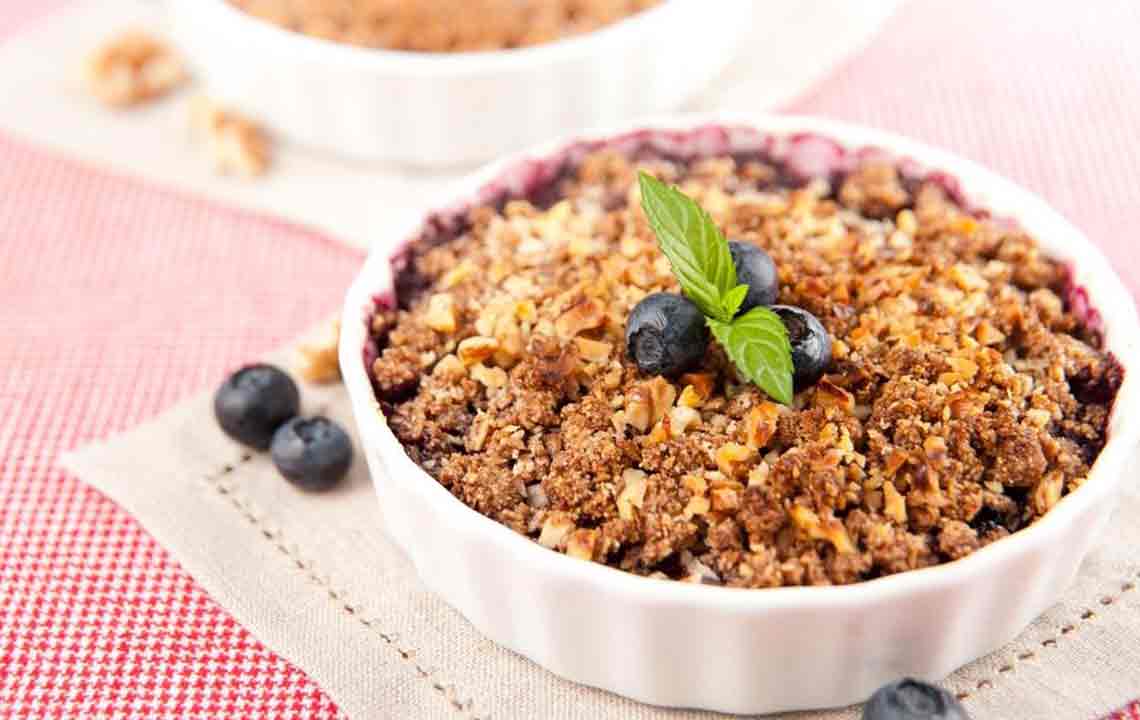
Unlocking Weight Management Success through a 1200-Calorie Daily Nutrition Strategy
In our fast-paced modern world, where stress, busy schedules, and unhealthy eating habits are prevalent, maintaining a healthy weight has become a significant challenge for many individuals. Sedentary lifestyles, long working hours, and ease of access to calorie-dense foods contribute to overweight and obesity issues, increasing the risk of chronic diseases such as diabetes, cardiovascular problems, and joint issues. Amid these challenges, the 1200-calorie diet plan has emerged as a practical and effective approach for those seeking to shed excess weight efficiently. This comprehensive guide explores the principles, benefits, and practical implementation of a 1200-calorie daily diet, aiming to help you understand how to structure your meals, stay nourished, and achieve your weight loss goals healthily.
Many wonder how an average adult can survive on only 1200 calories daily without sacrificing essential nutrients. The good news is that with proper planning, this calorie level can be sufficient to support your daily energy needs while promoting weight loss. It’s important to note that this plan is typically recommended under medical supervision or as part of a structured weight management program, especially for individuals with higher body mass indexes or health concerns. That said, understanding the rationale behind a 1200-calorie diet can empower you to make smarter dietary choices that foster sustainable weight loss.
Medical professionals often recommend a 1200-calorie diet for bmi reduction and overall health improvement. The typical minimum calorie intake for men is around 1600 calories, and slightly less for women—approximately 1400 calories—since these levels generally support basic bodily functions. So why do health experts advocate a 1200-calorie approach? The primary goal is to create a calorie deficit that encourages fat burning while preserving lean muscle mass. This plan is not about indulging in unhealthy foods but rather focusing on nutrient-dense options that ensure your body gets essential vitamins and minerals without excess calories.
How to Design a Nutritious 1200-Calorie Meal Plan?
Crafting an effective 1200-calorie diet requires careful meal planning. Your daily intake should be balanced across all macronutrients—including proteins, healthy fats, and carbohydrates—and include a variety of foods to meet micronutrient needs. To succeed, it’s advisable to divide your intake into four main meals and healthy snacks, ensuring consistent energy levels and preventing hunger pangs. Before embarking on this diet, consider examining your emotional eating patterns, as psychological factors can influence your ability to stick to the plan and achieve optimal results.
Start your day with a nourishing breakfast. Breakfast is often termed the most important meal because it kickstarts your metabolism and provides the energy necessary for a productive day. Aim for about 300-400 calories in your morning meal, which can include egg whites scrambled with vegetables, a glass of low-fat milk, and a serving of fresh fruits such as berries or a banana. Incorporate whole grain options like whole wheat toast or oatmeal, with a small amount of healthy fats like nuts or avocado. Including fruits, especially those low in added sugars, helps provide essential antioxidants, vitamins, and fiber to keep you full longer.
Midday meal planning for sustained energy ensures you stay focused and energized through the afternoon. A balanced lunch should contribute approximately 400-500 calories. Vegetables like cucumbers, lettuce, sprouts, and radishes make excellent low-calorie, nutrient-rich choices. For added protein, grilled chicken, turkey slices, or plant-based options like lentils or chickpeas can be incorporated into salads or wraps. Using a light dressing like lemon juice with olive oil adds flavor without excessive calories. Pair your meal with a small serving of dairy or a fruit to help meet your calorie targets and enhance satiety.
Smart snacking behaviors are vital for preventing overeating and maintaining a steady blood sugar level. Healthy snack options include nuts such as walnuts or almonds, which provide healthy fats and protein, or fresh berries and vegetables like carrot sticks or cucumber slices. Drinking herbal teas like green tea not only adds hydration but also offers antioxidant benefits. Making homemade popcorn with minimal oil, or enjoying a small bowl of Greek yogurt, can curb cravings without compromising your calorie goals. Plan your snacks ahead of time to resist impulsive eating of processed snacks high in sugar and unhealthy fats.
Keep dinner light, satisfying, and nutrient-dense. The evening meal should be around 400 calories, focusing on lean proteins and vegetables. Grilled salmon served with a side of brown rice and leafy greens makes a nutritious dinner that supports muscle repair and overall health. Alternatively, options like chicken breast with roasted vegetables or vegetarian meals featuring lentils, beans, and greens also fit well within the calorie limit. Incorporating a variety of colorful vegetables ensures adequate micronutrient intake, supporting immune function and overall wellbeing. Avoid heavy, carb-laden meals that can interfere with sleep and digestion.
Initially, adhering to a 1200-calorie diet might seem restrictive, but the health benefits—including weight loss, increased energy, and improved metabolic health—far outweigh temporary inconveniences. Consistency, meal variety, and mindful eating are key to long-term success. As you progress, you may experience increased confidence and a healthier body composition, setting a solid foundation for sustained health and fitness.
